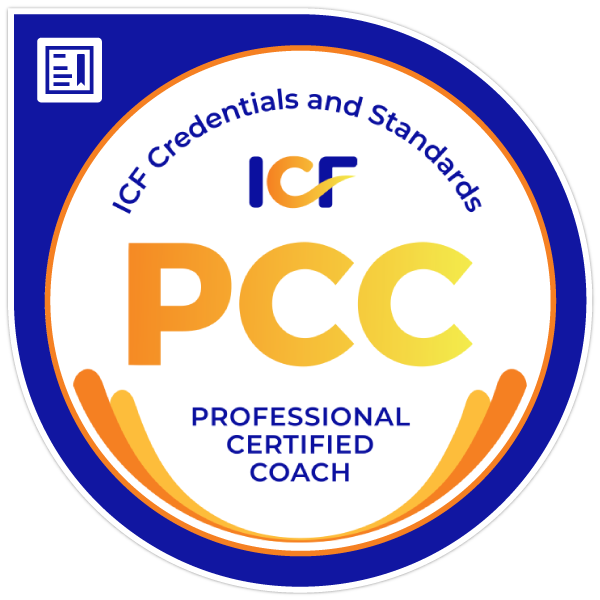Give Grief A Voice: Navigating the Hidden Depths of Healing

We all carry within us the weight of grief, a silent companion that accompanies us through life's ups and downs. Grief, often veiled behind a façade of strength, is an emotion that permeates our existence. It encompasses more than just the loss of a loved one; it extends to the shattered dreams, the unmet expectations, and the profound changes that alter the course of our lives. Yet, society teaches us to brush grief aside, to hide our emotions and present a happy face to the world. It is time we break this cycle and give grief the voice it deserves.
Unmasking Grief: Where Does it Hide?
Grief, like a chameleon, finds refuge in the depths of our being, camouflaging itself in various ways. We may bury our grief in the recesses of our hearts, avoiding the pain and pretending everything is fine. We may numb ourselves with distractions, seeking solace in work, excessive exercise, or other means of escape. But the truth remains: grief lurks in the shadows, silently affecting every aspect of our lives. It is time to confront this hidden companion and launch on a journey of healing.
My Personal Journey: Facing the Unseen Grief
I know all too well the consequences of ignoring grief. After the devastating loss of my daughter Hailey, I closed myself off from the world. I refused to look at pictures, listen to certain songs, or acknowledge the pain that threatened to consume me. In the process, I lost not only my daughter but also a part of myself. I gained weight, both physically and emotionally, as grief seeped into every corner of my existence. It was only when I faced my grief head-on that I began to find healing.
Beyond Death: The Multifaceted Nature of Grief
Grief wears many faces, and its presence extends far beyond the loss of a loved one. It permeates the aftermath of broken relationships, loss of health, and the life we thought we once would have. It accompanies us in the face of major life changes, such as divorce, career setbacks, or the loss of our sense of identity. By acknowledging the various forms of grief, we grant ourselves permission to heal and grow.
Embracing Healing: Opening the Dialogue
We need to break free from the shackles of silence and open up about our grief. By sharing our stories, we create a safe space where others can find solace and validation. It is through honest conversations that we empower ourselves and others to navigate the challenging terrain of grief. Let us encourage each other to embrace vulnerability, to shed the burden of pretending everything is fine, and to give grief the voice it desperately seeks.
Finding Solutions: Strategies for Healing
Navigating grief requires active participation in our healing journey. It begins with acknowledging our pain, allowing ourselves to feel, and seeking support from loved ones, a coach, or support groups. Engaging in self-care practices, such as journaling, exercise, and mindfulness, can provide valuable outlets for expression. By confronting grief head-on, we can transform our pain into resilience and emerge stronger on the other side.
Give Grief a Voice
Grief is not meant to be hidden or silenced; it is an integral part of the human experience. By giving grief the voice it deserves, we create a space for healing, empathy, and growth. Let us come together, share our stories, and support one another through the tumultuous journey of grief. Remember, you are not alone. I faced my grief head-on, you can too. Together, we can give grief the voice it longs for, and in doing so, find the strength to heal and thrive.









